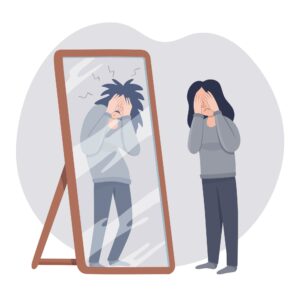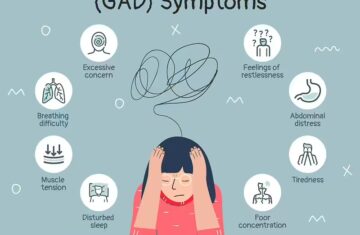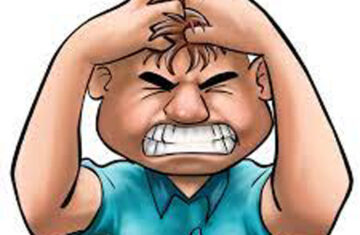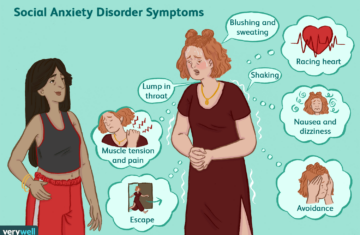
Low Self-esteem – I accept myself because I’m alive and have the capacity to enjoy my existence. I am not my behaviour. I can rate my traits and my behaviour, but it is impossible to rate something as complex as my ‘self.’
Counseling for low self-esteem can be very beneficial in helping individuals address and overcome their struggles with self-worth and confidence. If you or someone you know is dealing with low self-esteem, seeking professional help is a positive step toward healing and personal growth. Here’s a general outline of what you might expect from counseling for low self-esteem:
-
Assessment and Goal Setting: The counselor will begin by understanding your unique situation and the factors contributing to your low self-esteem. Together, you’ll set specific goals for counseling, such as improving self-image, building self-confidence, and developing healthier self-talk.
-
Identifying Negative Thought Patterns: One of the main focuses of counseling will be to identify and challenge negative thought patterns and beliefs that contribute to low self-esteem. Cognitive-behavioral therapy (CBT) is often used to help individuals recognize and reframe these harmful thoughts.
-
Exploring Root Causes: Counselors will work with you to explore any past experiences, traumas, or influences that might be impacting your self-esteem. By understanding the root causes, you can begin to address and heal from them.
-
Building Self-Compassion: Learning to treat oneself with kindness and compassion is crucial for improving self-esteem. Counselors may guide you in developing self-compassion techniques and exercises to counter self-criticism.
-
Skill Building: You’ll learn practical skills and techniques to enhance your self-esteem. This might include assertiveness training, communication skills, setting boundaries, and practicing self-care.
-
Behavioral Changes: Counselors may work with you to make positive changes in your behavior and lifestyle that contribute to higher self-esteem. This could involve setting and achieving small goals, engaging in activities you enjoy, and gradually facing situations that challenge your self-esteem.
-
Mindfulness and Relaxation Techniques: Mindfulness and relaxation exercises can help you manage stress, anxiety, and negative emotions, all of which can affect self-esteem.
-
Homework and Practice: Counselors often assign homework or tasks to practice between sessions. These might include journaling, practicing positive affirmations, or engaging in social activities to gradually build confidence.
-
Progress Evaluation: Regularly assessing your progress and adjusting counseling strategies accordingly is important. As you achieve your goals and notice improvements, your counselor will help you build on your successes.
-
Long-Term Maintenance: The ultimate goal is to equip you with the tools and skills necessary to maintain healthy self-esteem beyond counseling. You’ll learn how to continue applying what you’ve learned in various life situations.
Self-esteem refers to how good we feel about ourselves. Most people feel that they do reasonably well most of the time, though self-esteem can fall with a mistake or failure in some particular area. However, some people suffer with low self-esteem, the feeling that they are of lesser worth than others.
They tend to focus on their failures and weaknesses, and if they succeed at something, they find reasons to think that their success is not very important. People with low self-esteem have often had difficult childhoods and sometimes suffered trauma; they are at risk for depression, though low self-esteem can also affect them when they are not depressed.
CBT for example has developed techniques to help those with low self-esteem hold a more balances view of themselves. The process starts with a Formulation, a model that patient and therapist design together that explains how low self-esteem started and why it persists. Self-critical thoughts are explored using a Thought Record, and Behavioural Experiments carried out to see if acting in a different way can have an effect on self-esteem.
Self-esteem/Self-Worth – What it is, and is not
If you feel (I did not say think) that you are worthless, you may be and probably are a victim of a culture that has told you that your worth depends on your achievements and the judgments of others. The feeling of worthlessness besets and enervates men and women, but in different ways.
For women it can be a devastating experience, especially for those who experience depression after a loss of love or approval. The same society which supports organized brutality in the form of football and boxing, assigned them second-class citizen status-a promotion from the third-class status of only 30 years ago. They are vulnerable, they are moving targets.
And men? David Burns, in his wonderful book, Feeling Good, wrote that men are even more vulnerable than women to feelings of worthlessness. He points out that men have been programmed since childhood to base their worth on their accomplishments. They must deal with unrealistic expectations assigned to them by the society in which they live.
Winners are enshrined: all others are ‘losers,’ and are forgotten. Our culture tells us that what we do is important. What we are is not. That’s wrong, dead wrong.
At the end of therapy a long-term plan is devised to help the sufferer continue to do those things that boost her self-esteem.
Remember that counselling is a collaborative process, and the pace and direction of therapy will be tailored to your individual needs. It’s important to find a qualified and experienced therapist, like me, who specializes in treating low self-esteem or related issues. If you’re considering counselling, reach out and give me a call




